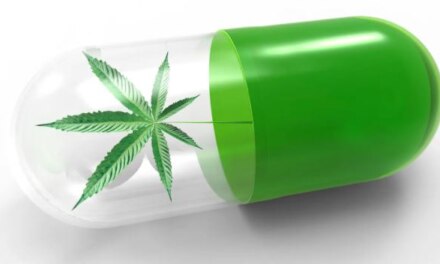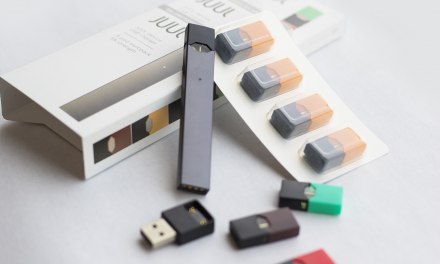Every so often I review personal accounts of recovery that I’ve stumbled across in the media. The subjects are often celebrities, since they’re always of interest to readers. This week I came across two examples, both from the world of pop music: Britney Spears and Adele.
I thought Spears’ history of substance use was already well-documented. According to her newly released memoir, however, “It was never as wild as the press made it out to be.” Her drug of choice, she insists, was actually Adderall, the popular ADHD med. She admits she did get high from it — no surprise there, it’s dextroamphetamine, after all – but insists that her use was mainly for self-medication, to relieve feelings of depression. As for alcohol, she’s adamant that, in spite of the many reports of erratic, even bizarre actions, she “…never had a drinking problem.”
Even during that 2004 Vegas wedding to her childhood friend, in which she acknowledges being drunk throughout the entire 55 hours of marriage, before her parents showed up and had it annulled?
If not alcohol, then what was the problem?
She explains: “…I am willing to admit that in the throes of severe postpartum depression, abandonment by my husband, the torture of being separated from my two babies, the death of my adored aunt Sandra, and the constant drumbeat of pressure from paparazzi, I’d begun to think in some ways like a child.”
That phrase, “I am willing to admit…” bothered me. It’s as if in her mind, she’s in a courtroom acting as her own attorney. It’s not the sort of statement I’d expect to hear from someone who was seriously contemplating a major lifestyle change — such as recovery.
Contrast that with our other example:
Adele says she has quit drinking after being a ‘borderline alcoholic’
Here’s what the singer is telling her Las Vegas audiences:
“I stopped drinking maybe like three and a half months ago. It’s boring. I mean, I was literally borderline alcoholic for quite a lot of my 20s, but I miss it so much.”
It sounds as if she could relapse at any moment. Still, for someone with a few months sober, that’s pretty typical. Cravings, intrusive thoughts about drinking, probably vivid dreams of how great it felt in the old days… Nothing really abnormal. It’s an addiction, after all. These are symptoms.
Nor is it surprising that she shies away from the label ‘alcoholic’ in favor of something more ambiguous: ‘borderline’, whatever that might mean. Once again, it’s early days, and let’s not forget this is a stigmatized disorder.
These could be interpreted as signs that someone is in the Action stage of change. That’s not a bad place to be, provided you keep at it and don’t give up when times are hard.
What about risk of relapse? Both women are vulnerable. Neither mentioned being in treatment or getting support for recovery but both badly need that. If they haven’t already, let’s hope each finds the help they need.













